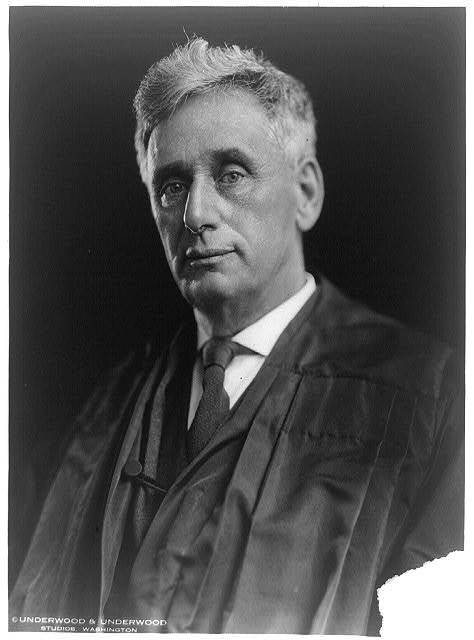About
The Louis Brandeis Institute for Society, Economy, and Democracy was founded in Israel to advance independent, top-tier research recognized worldwide. Engaging in both theoretical and applied studies, the Institute explores a broad spectrum of disciplines such as social and political science, law, economics, finance, regulation, media studies, and the exact sciences.
The Brandeis Institute is dedicated to establishing a research-driven foundation to promote a democratic, meritocratic, and equitable society, a free and competitive market economy, social equality, sustainable growth, independent media, innovation, and effective financial regulation. Established within the College of Management Academic Studies, the Institute was made possible through generous contributions from the ‘Financial Justice’ association and others. The Institute organizes conferences, forums, and discussion groups, and publishes research and policy papers in its areas of focus. Additionally, it endeavors to build a community of academics, researchers, and practitioners who share the Institute’s academic values. This community engages in research that addresses significant public interest issues, aiming to elevate these concerns on the public agenda in alignment with the Institute’s values.
The Brandeis Institute is a joint initative of three founders: Barak Gonen and Dr. Harel Primak (co-chairmen of the ‘Financial Justice’ association), and Guy Rolnik (journalist, founder of TheMarker and clinical professor at the Booth Business School at the University of Chicago).
The institute was named after Louis D. Brandeis (1856-1941), a pioneering jurist, the first Jew to serve as a Justice on the Supreme Court of the United States, and one of the leaders of the Zionist Organization of America. Brandeis distinguished himself as a private lawyer by championing public causes, earning the moniker “the people’s lawyer.” He was a fervent advocate for consumer rights, labor organizations, and civil liberties. Brandeis is also celebrated as the pioneer of the right to privacy and played a pivotal role in emphasizing the importance of transparency, especially within the capital market.
In 1916, President Woodrow Wilson appointed Louis Brandeis to the U.S. Supreme Court, where his progressive philosophy significantly influenced his judicial decisions, many of which remain landmark rulings today. Brandeis was a strong supporter of President Franklin Delano Roosevelt’s ‘New Deal’ policies in the early 1930s, and he played a key role in garnering Supreme Court backing for these transformative initiatives.
Brandeis believed that economic power translates into political power, which in turn undermines the foundations of democracy. His well-known statement on this issue is considered a cornerstone in the worldview of competition law and the fight against concentration of economic power in the United States:
“We must make our choice. We may have democracy, or we may have wealth concentrated in the hands of a few, but we can’t have both.”

